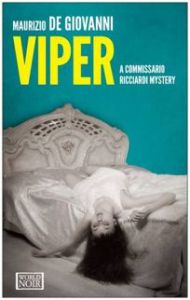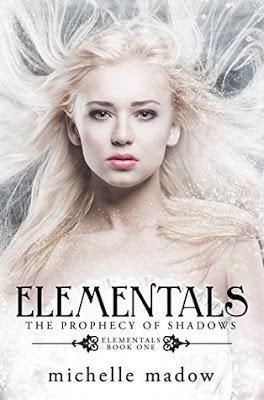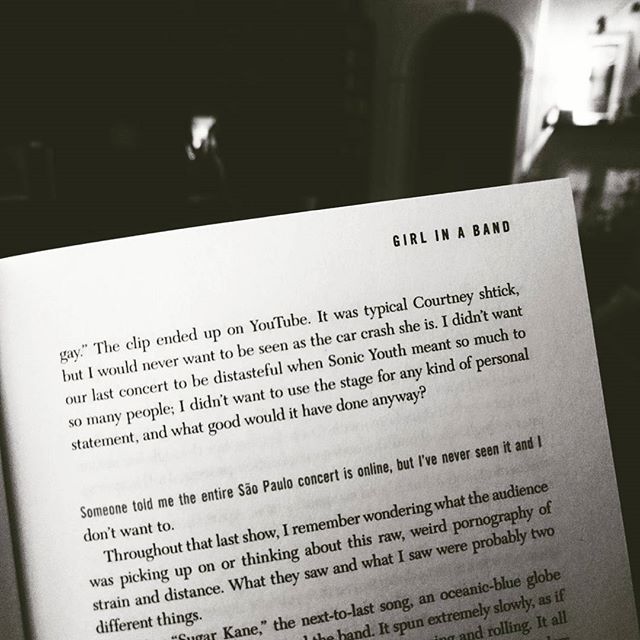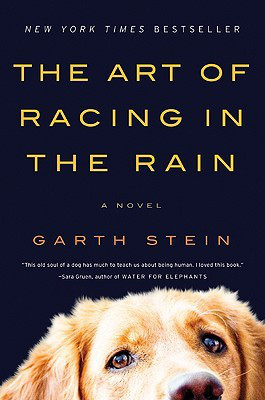An Exact Replica of a Figment of My Imagination by Elizabeth McCracken *****
‘”This is the happiest story in the world with the saddest ending,” writes Elizabeth McCracken in her powerful, inspiring memoir. A prize-winning, successful novelist in her 30s, McCracken was happy to be an itinerant writer and self-proclaimed spinster. But suddenly she fell in love, got married, and two years ago was living in a remote part of France, working on her novel, and waiting for the birth of her first child.This book is about what happened next. In her ninth month of pregnancy, she learned that her baby boy had died. How do you deal with and recover from this kind of loss? Of course you don’t–but you go on. And if you have ever experienced loss or love someone who has, the company of this remarkable book will help you go on.With humor and warmth and unfailing generosity, McCracken considers the nature of love and grief. She opens her heart and leaves all of ours the richer for it.’
 I reread An Exact Replica of a Figment of My Imagination for my Reading France project this year. McCracken, whom I first discovered back in 2007 when a kind human in Waterstone’s recommended the fantastic The Giant’s House to me, is one of my favourite contemporary authors. She is consistent, thoughtful, and striking in her prose. This is the only piece of non-fiction which she has released to date, and it is a heartbreakingly honest work which details the stillbirth of her first son, Pudding. The fragmented prose style, with its many short chapters made up of different memories, hopes, and dreams, is incredibly fitting, whilst giving the whole such depth. An Exact Replica… is a beautiful and brave memorial to a lost son.
I reread An Exact Replica of a Figment of My Imagination for my Reading France project this year. McCracken, whom I first discovered back in 2007 when a kind human in Waterstone’s recommended the fantastic The Giant’s House to me, is one of my favourite contemporary authors. She is consistent, thoughtful, and striking in her prose. This is the only piece of non-fiction which she has released to date, and it is a heartbreakingly honest work which details the stillbirth of her first son, Pudding. The fragmented prose style, with its many short chapters made up of different memories, hopes, and dreams, is incredibly fitting, whilst giving the whole such depth. An Exact Replica… is a beautiful and brave memorial to a lost son.
Strange Things by Margaret Atwood ****
‘Margaret Atwood’s witty and informative book focuses on the imaginative mystique of the wilderness of the Canadian North. She discusses the ‘Grey Owl Syndrome’ of white writers going native; the folklore arising from the mysterious– and disastrous — Franklin expedition of the nineteenth century; the myth of the dreaded snow monster, the Wendigo; the relations between nature writing and new forms of Gothic; and how a fresh generation of women writers in Canada have adapted the imagery of the Canadian North for the exploration of contemporary themes of gender, the family and sexuality. Writers discussed include Robert Service, Robertson Davies, Alice Munro, E.J. Pratt, Marian Engel, Margaret Laurence, and Gwendolyn MacEwan. This superbly written and compelling portrait of the mysterious North is at once a fascinating insight into the Canadian imagination, and an exciting new work from an outstanding literary presence.’ 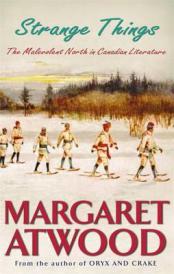
I found out about Margaret Atwood’s Strange Things whilst reading through Kirsty Logan’s blog, and noting down all of those books which she has loved. I have read – and largely enjoyed – several Atwood books to date, but this marked my first taste of her non-fiction. I am rather obsessed at present with accounts of northerly snow-covered spaces, in which barely anyone lives.
Strange Things, which is subtitled ‘The Malevolent North in Canadian Literature’ therefore seemed a perfect tome for me. It is comprised of four essays, which were originally given at the University of Oxford. Her rendering of these essays is incredibly readable, and each, as anyone who is at all familiar with Atwood’s work, is so intelligently written. The essays, which focus upon four core stereotypical representations of Canadian life and literature, are varied and memorable, and this is a volume which I would recommend to any world traveller.
Purchase from The Book Depository
Advertisements Share this: